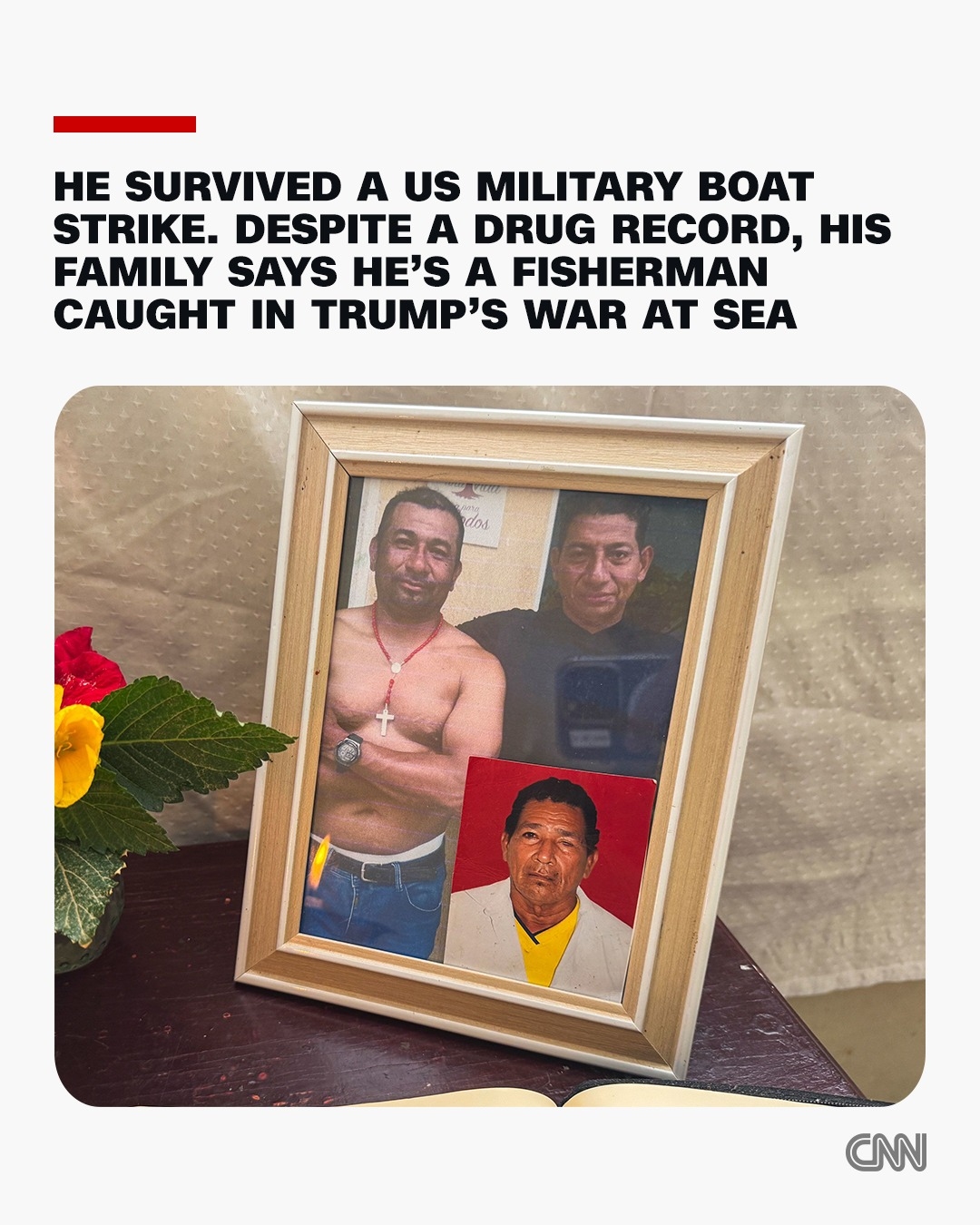Dosadno
Ova objava je dobila brojne povratne informacije korisnika zbog monotonije i pretjeranog ponavljanja.
Učitavam..



#web3 #tutorial #portofelintegrat #inovație #unicitate #descentralizat #romania
#country_romania #pinetbooktutorial
#pinetwork #pinetwork2025 #recompense
#europa #europe #referal #romania
#piday2 #curiozități #travel #takecareofnature #pioneers #cryptosurvey #okx #binance
#web3social #pnbtoken
R Alexandra

The last time Andrés Fernando Tufiño Chila’s sister heard from him was about a year ago when he told her he was heading out to fish for work, she said. Last week, she was shocked to learn that her brother was aboard an alleged drug vessel that was struck by the US military. https://cnn.it/3Wko17I

Phan Đình Phục
Izbriši komentar
Jeste li sigurni da želite izbrisati ovaj komentar?